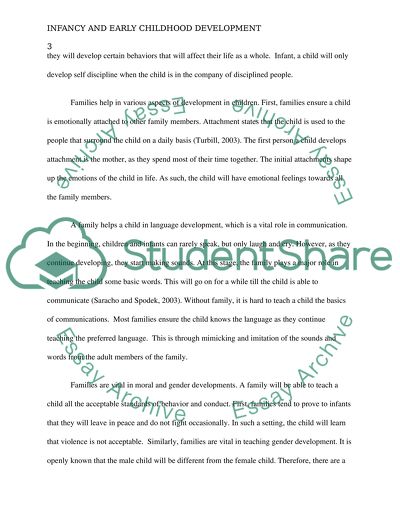Cite this document
(“Infancy and Early Childhood Development Paper Essay”, n.d.)
Infancy and Early Childhood Development Paper Essay. Retrieved from https://studentshare.org/psychology/1471094-infancy-and-early-childhood-development-paper
Infancy and Early Childhood Development Paper Essay. Retrieved from https://studentshare.org/psychology/1471094-infancy-and-early-childhood-development-paper
(Infancy and Early Childhood Development Paper Essay)
Infancy and Early Childhood Development Paper Essay. https://studentshare.org/psychology/1471094-infancy-and-early-childhood-development-paper.
Infancy and Early Childhood Development Paper Essay. https://studentshare.org/psychology/1471094-infancy-and-early-childhood-development-paper.
“Infancy and Early Childhood Development Paper Essay”, n.d. https://studentshare.org/psychology/1471094-infancy-and-early-childhood-development-paper.


